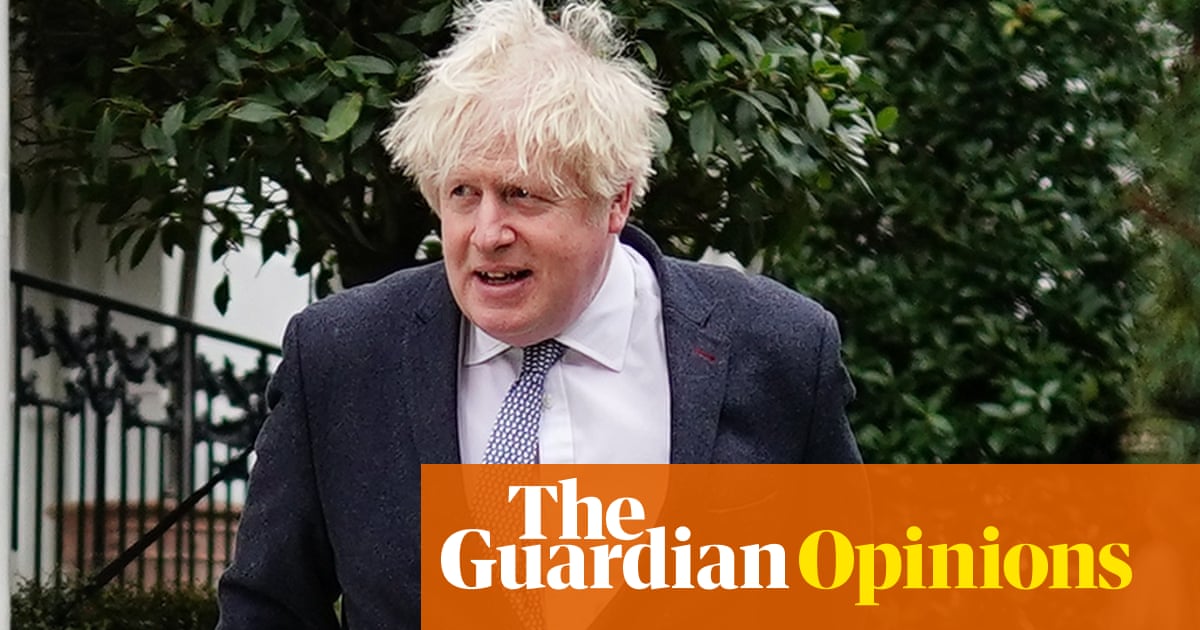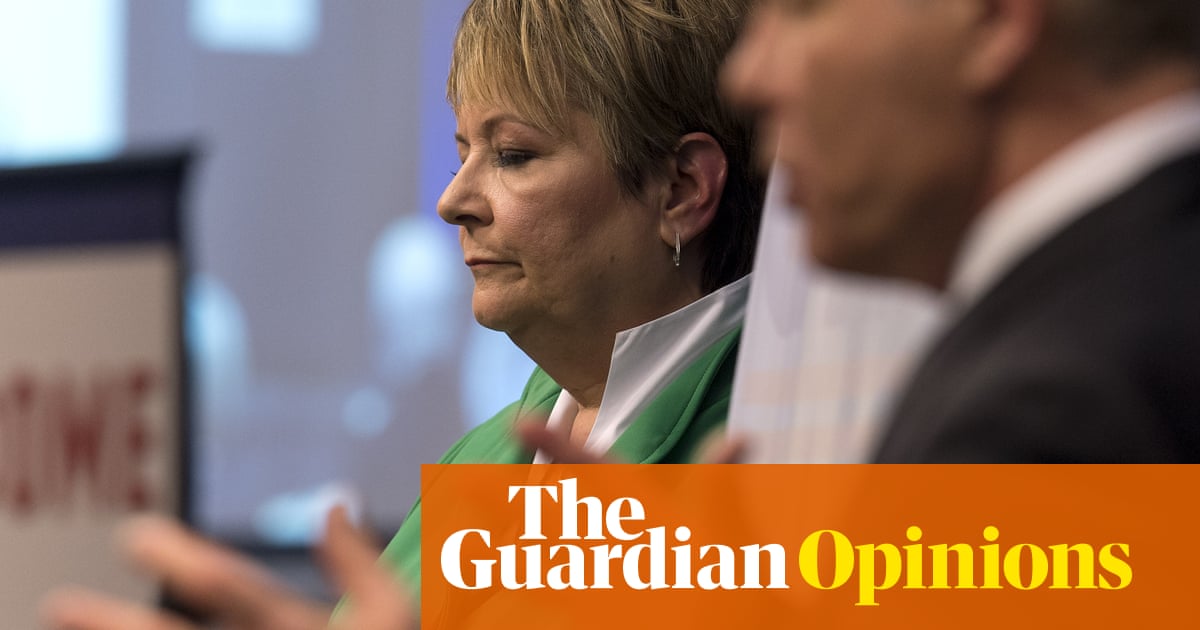
In the highly entertaining Channel 4 drama about the 2016 referendum campaign “Brexit: The Uncivil War,” Benedict Cumberbatch, playing the mastermind of the Vote Leave campaign, is sometimes found crouched in the narrow pantry where he retreats to think. It’s not hard to picture the real Dominic Cummings doing just that.
Cummings is no mere political curiosity. Though unelected and without a seat at the cabinet table, he is UK Prime Minister Boris Johnson’s most important adviser. A master of the focus group and the targeted digital ad, he will play a critical role in any early election or second referendum on Brexit.
The Johnson-Cummings pairing could be largely a matter of short-term expedience. Johnson wants a proven hand to carry out his “do or die” October 31 Brexit pledge and win an election. But it could also be about something beyond Brexit. At the heart of the new government are two ambitious men possessed by a sense of history, some would say grandiosity, and an appetite for taking big gambles.
For Cummings, Brexit is a means to a greater end: a complete overhaul of the machinery of government. This might have been started long ago, but Margaret Thatcher, that icon of the British right, didn’t go far enough in Cummings’s view. She shied away from reforming the civil service, whose inefficiencies Cummings finds maddening. He wants to finish the job he started with Vote Leave by using insights from the world of computing, physics, warfare and sport. If he stays beyond Brexit, Cummings will have to prove his ideas aren’t some Utopian vision.
But there’s a paradox: The political upheaval caused by Brexit may have opened the door to change, but the chaos of a no-deal Brexit could make the very reforms he seeks impossible to implement.
Cummings cannot be confused with your garden variety no-deal Brexiter. He notes in one of his many, lengthy blog posts that he is “not a Tory libertarian, ‘populist,’ or anything else.” That explains his deep disdain for the “narcissist-delusional” group of hard-core Brexiters in the party. For them, leaving the EU is an ideological necessity and a mark of tribal loyalty. He isn’t one of that tribe, or any tribe. He even went so far, in a twitter exchange in 2017, as to say the referendum may have been a mistake.
Most political advisers operate in the shadows, but Cummings is the subject of an endless stream of profiles; in a country that worships eccentricity, he is a journalistic gift that keeps on giving. He also invites inspection. His wide-ranging, occasionally breathless writings provide a dizzying tour of the innovators, historical figures, athletes and scientists who have informed his thinking. His political philosophy incorporates insights from Prussian Otto von Bismarck, interface design wizard Bret Victor, physicist and computer scientist Michael Nielsen, T.S. Eliot and many more.
To imagine a Cummings-led takeover of the British state, visualize a room resembling a NASA launch control center in which Bismarck is huddled with, say, a crack team of designers and coders on loan from Apple. Bismarck, the “blood and iron” chancellor who distrusted democracy, is important. Cummings also singles out for praise the Chinese Communist Party for its “use of proven systems management techniques for integrating principles of effective action to predict and manage complex systems at large scale.”
For the cadres of civil servants orbiting Downing Street, some might find Cummings’s own verdict of their world makes for uncomfortable reading: “Critical institutions (including the senior civil service and the parties) are programmed to fight to stay dysfunctional, they fight to stay closed and avoid learning about high performance, they fight to exclude the most able people.”
His writings reveal strong views on education reform (he has written controversially that policy-makers too easily discount the role of genetics in achievement), immigration (doesn’t like the low-skilled type) and European agricultural subsidies (thinks them absurd although apparently a farm he co-owns benefits handsomely from them).
We don’t know much about what he thinks is the right fiscal policy in an ultra-low interest rate borderline recessionary environment. He’s said little about whether US-style regulations necessary for a trade agreement are an acceptable substitute for EU-style rules.
Indeed, policy specifics seem less important to Cummings than design problems and engineering effective decision-making systems in government. He’s a big fan of the OODA loop, the decision-making cycle developed by the late military strategist and Air Force fighter pilot John Boyd. The sequence – observe, orient, design and act – enables the practitioner, originally fighter pilots, to stay one step ahead of their opponents, constantly taking in new information and using it.
Doing the OODA loop well requires clear-eyed awareness of your own blind spots, something Cummings sometimes seems to lack. In his blogging days, he would occasionally respond to reader comments. But when readers questioned whether his views smacked of Utopianism, or asked for a few examples of where changes he proposes had been road-tested in government, he didn’t reply.
Held in contempt of parliament earlier this year, he appears bent on undermining elected lawmakers by persuading his boss to ignore constitutional convention in pursuing a no-deal Brexit.
His opponents, particularly on the left, paint him as self-important, hypocritical and a caricature of the mad genius rather than the real thing. After former Attorney General and anti-Brexit lawmaker Dominic Grieve said he was arrogant and didn’t understand the British constitution, Cummings snidely replied, “we’ll see what he’s right about.”
For now, though, it’s Johnson’s confidence that gives Cummings’s ideas wings. If he helps deliver Brexit and win an election that will no doubt secure him a sainthood among Brexiters. He reportedly postponed a surgery to join the government until the end of October, so who knows how long he’ll stick around.Bloomberg












